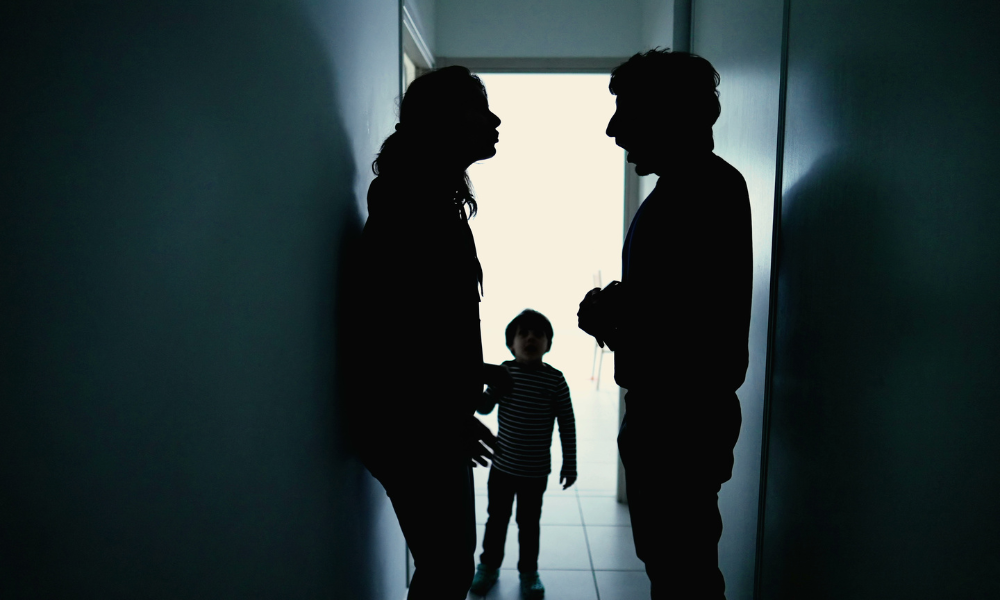
Appeal court sets aside convictions of husband accused of abusing partner

In a case involving alleged intimate partner violence, the Ontario Court of Appeal ordered a new trial upon finding that the trial judge relied on unwarranted assumptions about how parties involved in an arranged marriage would act.
The parents of the parties in R. v. P.P., 2025 ONCA 243, arranged their engagement, including by introducing the parties to each other via a video call in August 2014. At that time, the complainant wife was still living in India.
The appellant husband travelled from Canada to India in February 2015. He met the complainant in person and married her in March 2015. He went back to Canada a few days later.
The complainant joined the appellant in Canada in August 2016 and gave birth to their son in November 2020. The appellant ended the relationship and left their home in February 2021 and served the complainant with a divorce application in early June 2021.
The complainant claimed that the appellant controlled her from the start and frequently assaulted her. She reported these allegations to police in late June 2021. He denied assaulting her.
The trial delved into a May 2021 incident when the complainant asked the appellant to take her and their son to a scheduled vaccine appointment. She said that the three of them returned home from the appointment and began discussing money when the appellant threatened to distribute nude photos of her.
The appellant denied making this threat. According to him, after they returned home, he left again to arrive early for his own appointment for a COVID-19 vaccine because he wished to avoid long lines. He said that reached the venue nearly an hour before his appointment.
Regarding another incident between the parties, Crown counsel examined the appellant. Crown counsel initially thought that the appellant said he had “slapped” the complainant in response to a question.
In cross-examination, the appellant denied this and alleged that he had instead said that he had “slept” after the incident. Crown counsel eventually agreed that the appellant had clarified that he had said “slept” rather than “slapped.”
Ultimately, the trial judge rejected the appellant’s evidence and convicted him of nine counts of assault, sexual assault, uttering threats, unlawful confinement, and attempted extortion. He appealed these convictions.
The Court of Appeal for Ontario allowed the appeal, set aside the convictions, and ordered a new trial. The appeal court found flaws in the trial judge’s reasoning process and credibility analysis.
The appeal court went over three reasons listed by the trial judge for why she did not believe the appellant. First, the trial judge found the appellant’s evidence alleging that the couple was happy at the beginning “surreal” since they were “strangers who had just moved in together.”
The appeal court ruled that the trial judge appeared to be applying an unsubstantiated and unsupported assumption about arranged marriages. The appeal court noted that the evidence in this case showed that the couple had been communicating for more than a year by the time that they moved in together.
“Trial judges are entitled to make common sense assumptions, but they are not entitled to engage in sweeping generalizations about human conduct,” wrote Justice Ian Nordheimer for the appeal court.
Second, the trial judge said that she had listened to a digital recording of the evidence and agreed with Crown counsel that the appellant had said “slapped” instead of “slept.” She called this a “Freudian slip” that undermined the appellant’s credibility.
The appeal court noted that the trial judge needed to inform the parties’ counsel that she had decided to revisit this issue and allow them to make submissions on this matter before she could use it as a basis to disbelieve the appellant.
The appeal court thus determined that the trial judge improperly relied on an evidentiary fact that was not established and on which counsel had no opportunity to put forward any submissions.
Third, the trial judge rejected the appellant’s evidence regarding the May 2021 incident upon finding that vaccine providers would request a person with an appointment for a COVID-19 vaccination not to show up more than 10 or 15 minutes before the scheduled time.
The appeal court accepted that the trial judge might be able to take judicial notice of the province’s protocols for the COVID-19 vaccination program. However, the appeal court saw no basis for the trial judge to reject the appellant’s evidence on this basis without any evidence regarding what people were doing in practice.